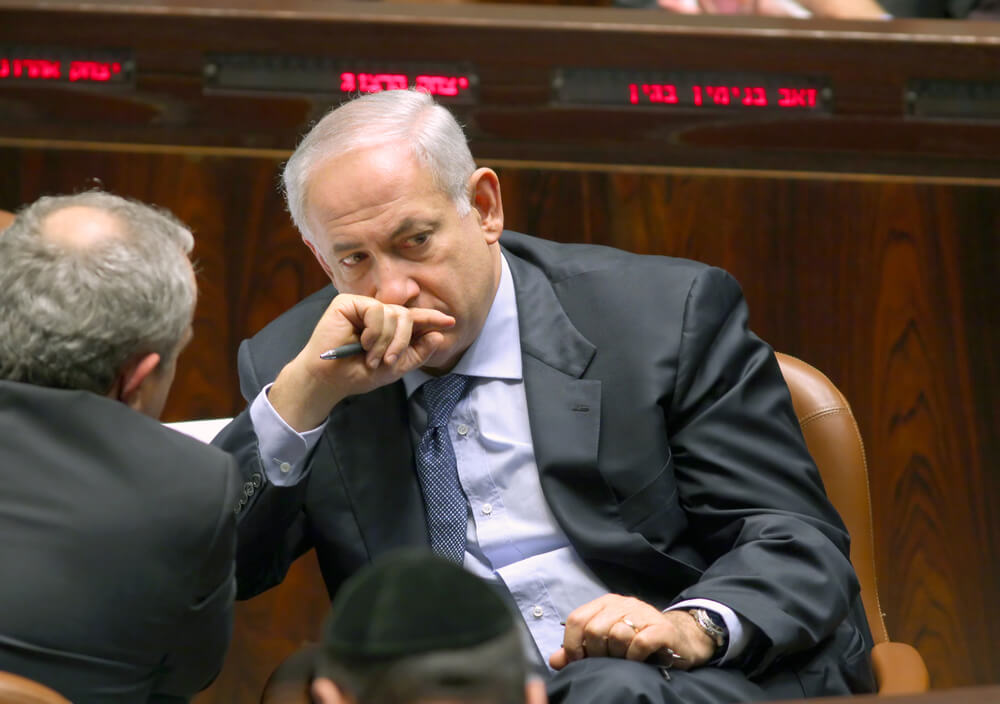A 60-day truce between Israel and Hezbollah that started early on 27 November was highly welcomed but other thorny issues prevail in the region, not least Gaza.
President Joe Biden, with barely 55 days left in office, announced the ceasefire while vowing he was still trying alongside Egypt, Qatar and Turkey to end hostilities in Gaza.
Hopes are not high, with many experts believing that Israeli Prime Minister Benjamin Netanyahu will not make any big moves before Donald Trump assumes the presidency on 20 January as he is likely to favour Israel even more than the present administration.
Biden’s hope is to end the Gaza war alongside a grand bargain including normalisation of ties between Israel and Saudi Arabia with steps towards a Palestinian state. “I believe this agenda remains possible,” Biden said. “In my remaining time in office, I’ll work tirelessly to advance this vision for an integrated, secure and prosperous region, all of which strengthens America’s national security.”
A US official told the New York Times that “the political and geopolitical stars both are aligned” for the Saudi deal. Brett McGurk, US Middle East envoy, was in Saudi Arabia this week to discuss Gaza following the Lebanon ceasefire.
Yair Lapid’s plan
It is against this backdrop that a similar regional peace plan was proposed by Israeli opposition leader Yair Lapid amid much scepticism in Israel and among the Palestinians.
Establishing relations between Israel and Saudi Arabia was the “single organising principle that deals with all the arenas in which Israel is involved” and could lead to the establishment of Palestinian state, Lapid wrote in The National.
The deal would see a six-month truce in Gaza and the return of Israeli hostages
The deal would see a six-month truce in Gaza and the return of Israeli hostages, a new civilian government replacing Hamas in Gaza alongside an international force including the UAE, Egypt, Morocco and a civilian arm of the Palestinian Authority (PA).
The ambition does not end there. A regional conference in Saudi Arabia would then work not only on establishing relations between the Gulf state and Israel but also aim to stop Iran’s nuclear programme through “diplomatic or military means”.
Military rule of Gaza?
Riyadh has been firm that any normalisation with Israel rests on timetabled and concrete steps towards a Palestinian state, which has been rejected by Netanyahu’s rightwing coalition partners.
Yoav Gallant, former Israeli defence minister, who, alongside Netanyahu and a Hamas commander, faces an International Criminal Court (ICC) arrest warrant for war crimes, warned last week that Israel was heading towards military rule of Gaza
Lapid, who leads the centrist Yesh Atid party, wrote on X: “The current government is extending the war without reason due to the political issues facing the prime minister and the delusions of the far-right wing about annexation and returning to Gaza.”
Netanyahu has insisted that any moves towards accountability can only come after the end of the Gaza war
Lapid testified before an independent Civilian Commission of Inquiry, which on 26 November released its final report that blamed the Israeli government for failing to prevent last year’s 7 October Hamas attack that killed about 1,200 people and saw about 251 people taken hostage.
Netanyahu has insisted that any moves towards accountability can only come after the end of the Gaza war. But the independent report, which has no legal sanction, condemned the Israeli government’s actions before the war, including the funnelling of money to Hamas in an effort to maintain quiet in Gaza and the reduction of troops along the Gaza border.
The war’s effects
It remains to be seen if the Lebanon ceasefire proves successful before any ambitious regional plans can take hold. The truce does reduce the chance of direct conflict between Israel and Hezbollah and its backer Iran.
But the Lebanese army and the UN peacekeeping force Unifil will have to ensure security and prevent Hizbollah rearming with Iranian weapons, neither of which they have previously been able to do. Israel also retains the right to strike unilaterally.
 The ICC arrest warrants alongside the Trump presidency will also further complicate US and European alliances that are vital to any concerted peace push - Benjamin Netanyahu
The ICC arrest warrants alongside the Trump presidency will also further complicate US and European alliances that are vital to any concerted peace push - Benjamin Netanyahu
Lebanon is left in an even shakier state after a year of hostilities with Israel that has killed more than 3,750 people and displaced about 900,000 more. The World Bank estimates the conflict caused $8.5 billion worth of damage and losses in Lebanon and it expects the economy to fall by 6.6% this year.
The war’s effects will linger in Lebanon and in Syria to where many people fled back. Both countries face insecurity, humanitarian challenges and falling donor funding. “We are urging the international community to stand by Lebanon and urgently provide much-needed funding to help everyone affected, including those who have fled to Syria and beyond,” said Ivo Freijsen, UNHCR representative in Lebanon.
The ICC arrest warrants alongside the Trump presidency will also further complicate US and European alliances that are vital to any concerted peace push. All EU countries and the UK are members of the ICC and Josep Borrell Fontelles, the EU’s foreign affairs representative, has urged them to enforce its decision and make arrests if any of the accused make the unlikely step of visiting them.
All eyes are on Trump. Amos Hochstein, a Biden advisor, briefed Trump’s national security advisors about Biden’s approach to its plans for peace, according to the New York Times, which said Hochstein was left feeling the new team was supportive.